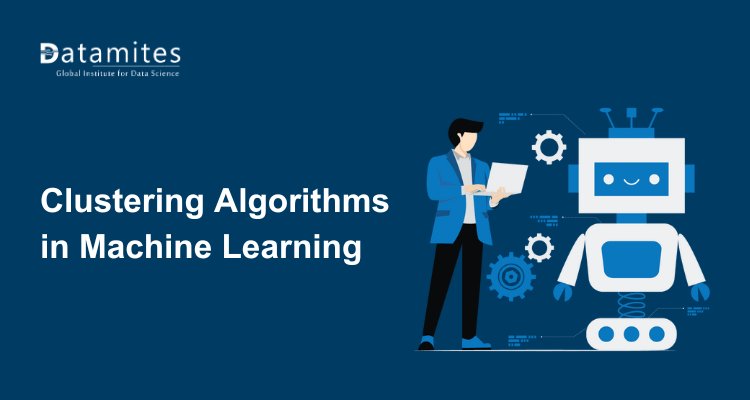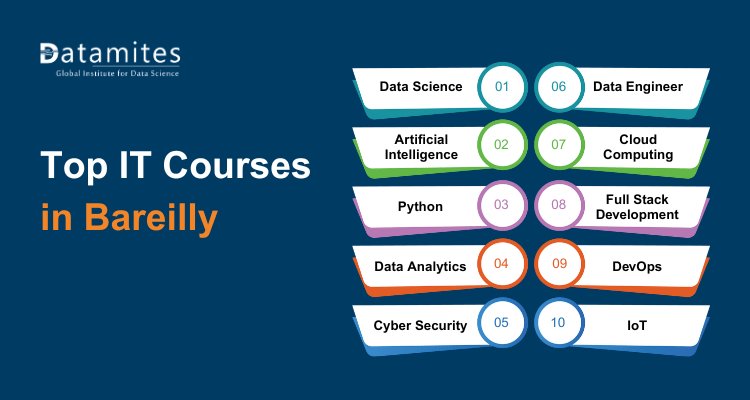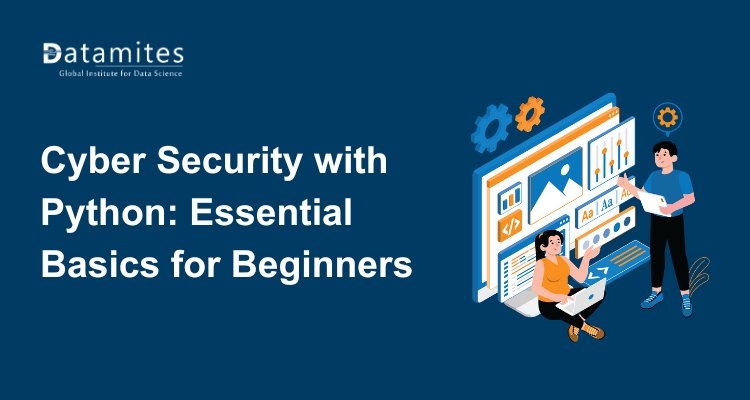How to Learn Data Science
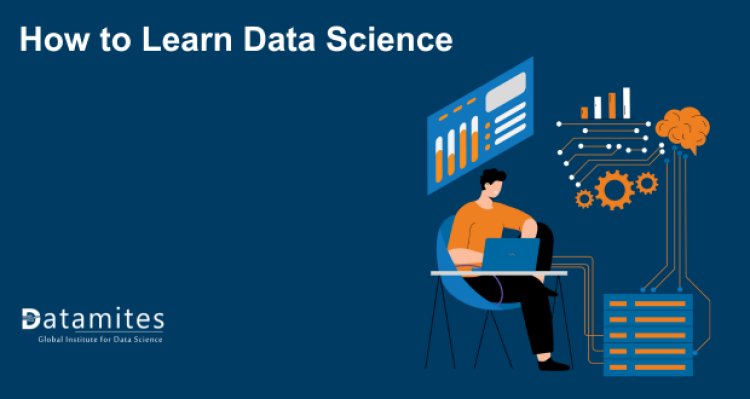
Data science is the backbone of decision-making in today’s digital age. From predicting consumer behavior to personalizing your Netflix recommendations, data science is reshaping industries across the globe. According to reports, the data science field is expected to grow by 30% by 2030, making it one of the most in-demand skills today. Companies are continuously on the lookout for skilled professionals who can interpret data and provide actionable insights.
The growing demand for data science professionals has made it an exciting career choice. Whether you're interested in a career switch or just starting out, learning data science can open doors to various opportunities like data analyst, machine learning engineer, and data scientist roles. In this guide, we’ll cover essential skills, tools, techniques, and strategies to help you become a data science expert.
Why Data Science?
Data science merges statistics, computer science, and domain knowledge to uncover valuable insights from data. It enables businesses to make informed decisions, streamline operations, and stay ahead of the competition through data-driven strategies. Learning data science can enhance your analytical thinking and problem-solving skills, making you valuable in any industry.
Reasons to Learn Data Science:
- High Demand: Data scientists are highly sought after, and the demand is only growing.
- High Salary: Data science roles offer competitive salaries, often exceeding those of other tech jobs.
- Career Flexibility: Data science expertise can seamlessly transition across various industries, including healthcare, finance, retail, and beyond.
- Constant Learning: The field is dynamic, providing endless opportunities for learning and growth.
What Does a Data Scientist Do?
The role of a data scientist is dynamic, blending technical skills with strategic business insight. What does a standard day look like for a data scientist? Let’s explore their key responsibilities and daily tasks.
- Data Collection and Cleaning: A large part of a data scientist’s job involves gathering data from various sources, cleaning it, and ensuring it’s ready for analysis.
- Exploratory Data Analysis (EDA): Data scientists use various techniques to understand the data, identify patterns, and generate hypotheses.
- Modeling and Predictions: They build machine learning models that predict outcomes, classify data, or make recommendations based on data trends.
- Communicating Insights: A crucial part of the role is translating technical results into actionable business insights that non-technical stakeholders can understand.
Understanding what a data scientist does gives insight into the core skills and tools required to excel in the field, which leads us to the next section.
Refer these articles:
- The Future of Data Science: Emerging Trends and Job Opportunities
- The Role of Statistics in Data Science
- Why Data Scientist Career in 2024
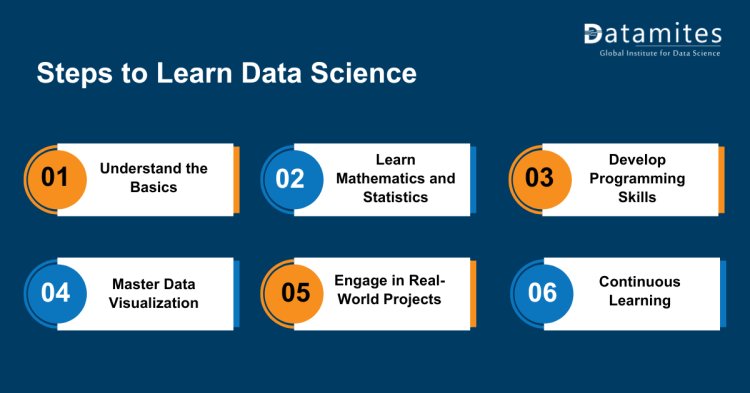
Steps To Learn Data Science
Data science is a dynamic and interdisciplinary field that combines statistics, computer science, and domain expertise to extract meaningful insights from data. As organizations increasingly rely on data-driven decision-making, the demand for skilled data scientists continues to rise. If you're looking to embark on this exciting journey, here are some essential steps to guide you.
1. Understand the Basics
Start by familiarizing yourself with fundamental concepts such as data types, data manipulation, and exploratory data analysis. Resources such as online courses, textbooks, and tutorials can offer a strong basis for learning. Key languages to focus on include Python and R, which are widely used in data science for data manipulation and analysis.
2. Learn Mathematics and Statistics
A strong grasp of mathematics, particularly statistics, is crucial for data science. Understand concepts like probability, distributions, hypothesis testing, and regression analysis. These mathematical principles will help you interpret data and draw valid conclusions.
3. Develop Programming Skills
Programming is an essential skill for data scientists. Start with Python, which has numerous libraries such as Pandas, NumPy, and Matplotlib for data analysis and visualization. SQL is also important for database management and querying data.
4. Master Data Visualization
Effective communication of insights is a key aspect of data science. Learn data visualization tools like Tableau or libraries such as Seaborn and Plotly in Python. Being able to visualize data trends and patterns is critical for sharing your findings with stakeholders.
5. Engage in Real-World Projects
Apply your skills by working on real-world projects. Platforms like Kaggle offer datasets and challenges that allow you to practice your skills. Building a portfolio of projects demonstrates your ability to potential employers.
6. Continuous Learning
Data science is an evolving field. Stay updated on the latest tools, technologies, and trends through online courses, webinars, and community forums. Join data science course or attend meetups to network and learn from others.
By following these steps, you can build a solid foundation in data science and position yourself for a successful career in this exciting field. Embrace the learning journey, and remember that persistence and curiosity are key to mastering data science.
Mastering Programming Languages for Data Science
To succeed in data science, learning programming languages is non-negotiable. Here are the programming languages that are most commonly employed:
- Python: Known for its simplicity and vast libraries like Pandas, NumPy, and Scikit-learn, Python is widely used in the data science community.
- R: This language is highly popular for statistical analysis and visualization.
- SQL: For data extraction and manipulation, SQL is essential for interacting with relational databases.
Start by mastering Python, as it offers unparalleled versatility for beginners. After mastering Python, delve into SQL for data manipulation and R for specific data analysis tasks.
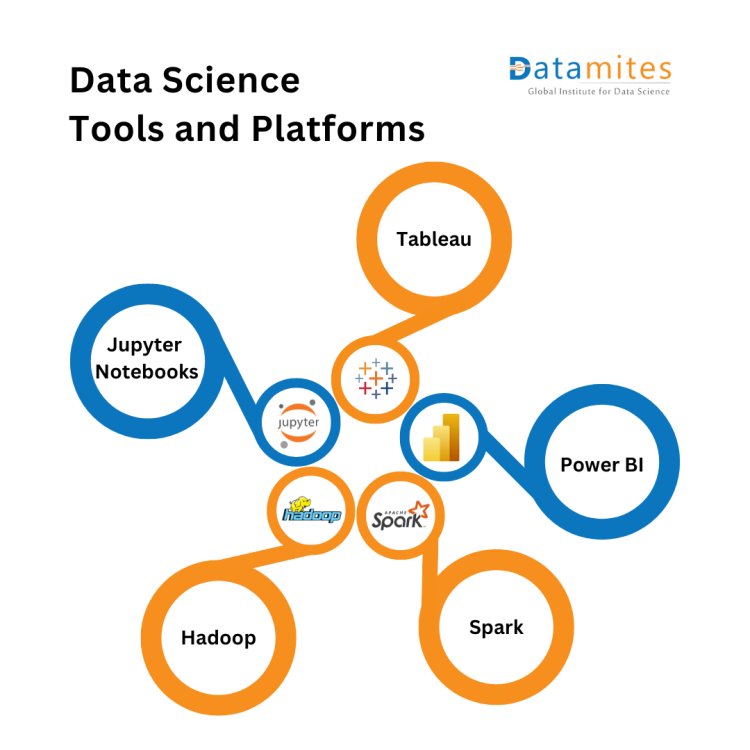
Learning Data Science Tools and Platforms
Data science tools are just as important as programming languages. To thrive as a data scientist, it's essential to become proficient in utilizing the appropriate platforms. Here are a few must-learn tools:
- Jupyter Notebooks: Ideal for writing and sharing code with visual outputs, it’s a popular platform for data science projects.
- Tableau and Power BI: These tools help create data visualizations and dashboards, making it easier to communicate insights to non-technical audiences.
- Hadoop and Spark: For big data processing, knowing platforms like Hadoop and Spark will enable you to handle large datasets effectively.
Mastering these tools will significantly boost your productivity and efficiency in handling real-world data science tasks.
Practicing with Real-World Projects
Nothing beats hands-on experience when learning data science. Start by working on small datasets and move on to larger, more complex datasets as your skills grow. Here are several project concepts designed to provide you with hands-on experience:
- Predictive Modeling: Build a model that predicts future outcomes based on historical data, such as stock prices or customer behavior.
- Classification Problems: Work on projects that classify data into distinct categories, like spam detection or sentiment analysis.
- Data Visualization: Use tools like Tableau to create visually appealing and informative charts and graphs that tell a story with data.
Real-world projects not only solidify your learning but also help you build a portfolio that you can showcase to potential employers.
Refer these articles:
- Data Science Career Scope in Chennai
- Data Science Career Scope in Hyderabad
- Data Science Career Scope in Bangalore
Staying Updated with Data Science Trends
The field of data science is ever-changing, with new tools, techniques, and algorithms emerging regularly. Staying updated is essential if you want to remain competitive. Here’s how:
- Follow Industry Leaders: Subscribe to blogs and YouTube channels of renowned data scientists and researchers.
- Listen to Podcasts: Data science podcasts like “Data Skeptic” or “Talking Machines” provide valuable insights into the latest trends and technologies.
- Join Online Communities: Engage with platforms like Kaggle, GitHub, and Reddit where data science enthusiasts discuss trends and share resources.
Staying on top of industry trends will give you a competitive edge and keep your skills relevant.
Importance of Continuous Learning and Certifications
Data science is a field that requires lifelong learning. To keep pace with new developments, continuous education is essential. Additionally, certifications can play a pivotal role in your career advancement.
- Enroll in Top Data Science Courses: Many data science institutes offer specialized courses that provide deep insights into specific areas of data science.
- Gain Certifications: Certifications from reputed institutions, such as a Data Science certification course, can demonstrate your expertise and improve your employability.
- Participate in Bootcamps and Workshops: Regularly attending data science bootcamps and training sessions can help you hone your skills and stay relevant.
Investing in your continuous learning will ensure long-term success in the field of data science.
Learning data science is a rewarding yet challenging journey. By mastering essential programming languages, tools, and real-world projects, and by staying updated through continuous learning and certifications, you can build a successful career in data science.
For those looking to advance their data science expertise, DataMites Institute offers a variety of advanced training programs designed to meet the evolving needs of today’s data-driven industries. As a premier provider of data science and AI education, DataMites collaborates with respected organizations like the IABAC and NASSCOM FutureSkills to ensure learners acquire cutting-edge skills and vital industry insights.
DataMites further supports learners through valuable resources such as workshops, webinars, and job placement assistance, all aimed at fostering professional development. Whether you're embarking on your data science journey or seeking to enhance your career, DataMites provides the necessary tools and guidance to help you thrive in this fast-paced field. Unlock your potential and embrace the future of data science with DataMites!


